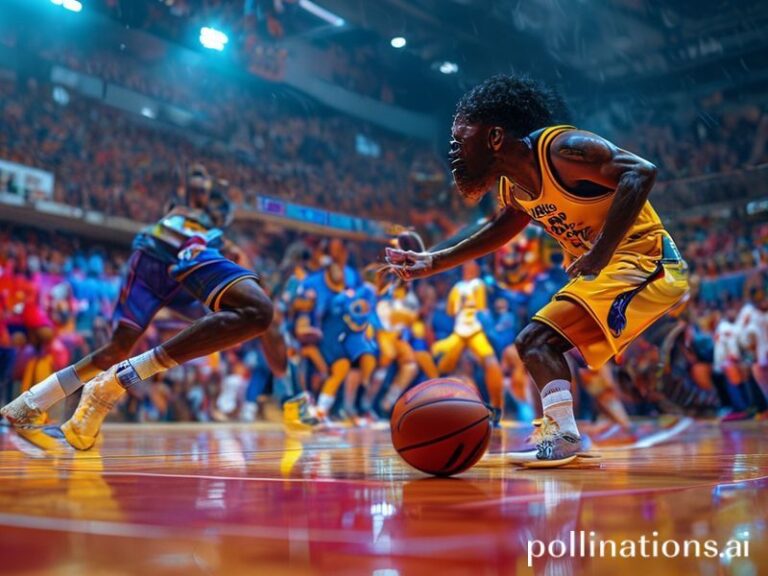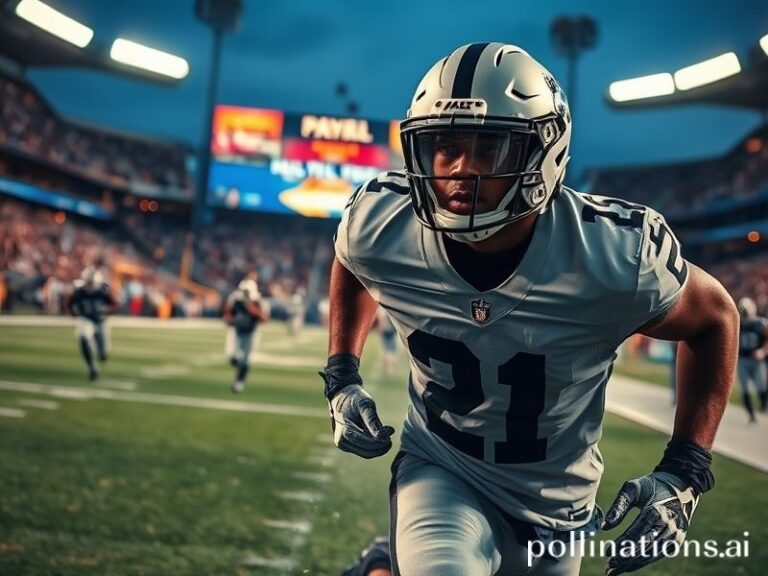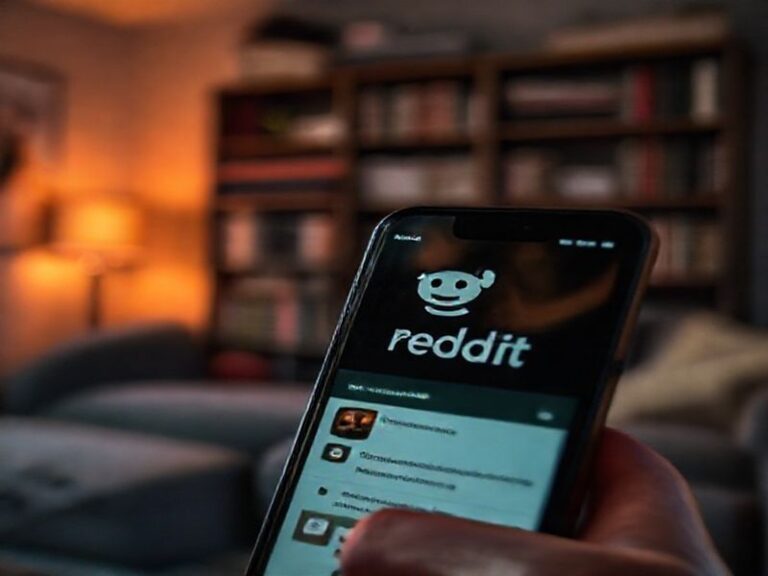Montez Sweat: How One NFL Trade Became the Pentagon of American Anxiety
Montez Sweat: The Defensive End Exporting American Anxiety to a World Already on Edge
By the time Montez Sweat was traded from the Chicago Bears to the Washington Commanders last October, the planet had already endured two years of pandemic, spiraling inflation, and the creeping realization that every smartphone notification might herald either a missile alert or a crypto scam. In that context, a 6’6″, 265-pound Mississippian swapping Midwestern lake-effect snow for Potomac swamp politics seemed almost quaint—until you realize that the transaction was, in its own way, a perfect microcosm of how American chaos is franchised abroad.
Sweat’s on-field résumé reads like a Pentagon procurement form: 35.5 career sacks, a 4.41-second 40-yard dash at the 2019 combine, and a wingspan that, if weaponized, could probably intercept a Chinese spy balloon without leaving the ground. But the broader significance lies in what he represents to the 195 countries that consume NFL RedZone the way others binge Netflix true-crime docs: the United States’ most reliable export isn’t democracy, it’s violent efficiency wrapped in monetizable drama. While European governments debate whether to send Leopard tanks to Kyiv, the Commanders sent a second-round pick and a conditional fifth to Chicago for a man whose job description is “collapse pocket, harvest quarterback.” Same principle, different theater.
Globally, Sweat is less a linebacker than a cultural Rorschach test. To Japanese fans who’ve adopted American football with the same fervor they once reserved for jazz and bourbon, he’s the embodiment of disciplined excess—a polite killer in shoulder pads. In Lagos traffic jams, where hawkers sell counterfeit NFL jerseys alongside knock-off Champions League kits, Sweat’s name is mispronounced “Montez Sweet,” which feels ironically accurate for a guy whose profession is decidedly unsweet. Meanwhile, Berlin hipsters stream condensed games on Sunday nights, half-watching while doom-scrolling about Nord Stream leaks, comforted by the knowledge that somewhere in Maryland, Sweat is legally doing what their politicians can only threaten on Twitter.
The trade itself was a masterclass in American transactional nihilism. Chicago, a city whose murder rate rivals some failed states, decided it needed draft capital more than pass rush; Washington, a franchise named after a genocidal slur until three years ago, saw in Sweat a chance to rebrand its defense without actually changing its offense. The rest of the world watched, bemused, as two underachieving organizations swapped trauma like Cold War spies on Glienicker Bridge. “Ah,” mused a Manchester United fan in Lagos, “so it’s like when we sold Ronaldo, except your guy tackles people instead of diving for penalties.”
Of course, the NFL’s salary cap is the only austerity program Americans will tolerate, and Sweat’s looming extension—projected north of $25 million annually—will be paid in the same petrodollars that keep Saudi sovereign wealth funds liquid. When he eventually signs, the transaction will ripple through global markets faster than a Jerome Powell sneeze. European sports economists will cite it as proof that American leagues have perfected the art of socialist revenue sharing wrapped in capitalist gladiatorial spectacle, while Chinese counterfeiters will already be silk-screening his new jersey before the ink dries on the contract.
And then there’s the health angle. In an era when the WHO can’t decide if the next pandemic will come from bats or lab leaks, NFL fans across continents track Sweat’s every tendon strain with the morbid curiosity usually reserved for passenger-plane black boxes. His 2022 heart procedure—an atrial fibrillation correction—was reported everywhere from Buenos Aires sports radio to Finnish medical journals, proof that the planet now treats American athletes’ organs as geopolitical weather vanes. If Montez’s heart can be fixed, maybe there’s hope for the supply chain.
By season’s end, Sweat had 6.5 sacks for Washington, the Commanders missed the playoffs, and the Bears used Chicago’s pick on a tackle who may or may not block anyone. The world, meanwhile, kept spinning toward whatever fresh catastrophe awaits. But somewhere in a Parisian bar at 3 a.m., a drunk philosophy student is explaining to a bored bartender that Montez Sweat is really Sisyphus in cleats, pushing quarterbacks uphill for eternity. The bartender nods, pours another absinthe, and flips the channel to cricket. Even existential dread has a commercial break.







